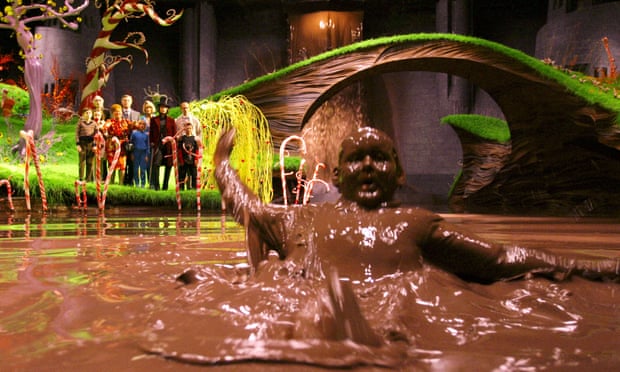From Roald Dahl to Anthony Bourdain, the author of Kitchens of the Great Midwest writes about the best descriptions of – and recipes for – food to switch on ‘the lamp in the spine’

“A good dinner is of importance to good talk,” Virginia Woolf writes in A Room of One’s Own. “One cannot think well, love well, sleep well, if one has not dined well. The lamp in the spine does not light on beef and prunes.”
Written in 1928, the context of this statement was provocative – Woolf was distraught at the substandard fare at a women’s college and viewed it as emblematic of institutionalised sexism – the penultimate sentence in this quote has been an axiom of sorts in our comparatively less begrimed era. On its own, Woolf’s famous sentence seems like more than just a nod to Maslow’s Hierarchy of Needs: “dined” as opposed to “eaten” connotes pleasure, intent, and discernment. While plenty of writers throughout history would have been extraordinarily happy with a meal of beef and prunes, the word “well” can certainly mean whatever the modern writer prefers. I’m sure there exist many great books that were fuelled by whisky and Pop-Tarts.
For great food writing, however, the lamp in our spine as readers demands more. The best food writing – about any kind of food – elevates it, recreates it, and broadens it with a keen sensory cubism. A great writer will make us hunger for things we’ve never eaten, conjure a consuming nostalgia from a list of ingredients, and make us feel like we’re dining well as we’re reading well. It was tough to narrow it down to 10, and I’m leaving out some great titles that you’ve already heard about, but here are a few favourites.
More
And here is leading NZ food writer Lauraine Jacobs with her favourites- http://foodwriters.org.nz/devouring-the-literary-food-world/
Written in 1928, the context of this statement was provocative – Woolf was distraught at the substandard fare at a women’s college and viewed it as emblematic of institutionalised sexism – the penultimate sentence in this quote has been an axiom of sorts in our comparatively less begrimed era. On its own, Woolf’s famous sentence seems like more than just a nod to Maslow’s Hierarchy of Needs: “dined” as opposed to “eaten” connotes pleasure, intent, and discernment. While plenty of writers throughout history would have been extraordinarily happy with a meal of beef and prunes, the word “well” can certainly mean whatever the modern writer prefers. I’m sure there exist many great books that were fuelled by whisky and Pop-Tarts.
For great food writing, however, the lamp in our spine as readers demands more. The best food writing – about any kind of food – elevates it, recreates it, and broadens it with a keen sensory cubism. A great writer will make us hunger for things we’ve never eaten, conjure a consuming nostalgia from a list of ingredients, and make us feel like we’re dining well as we’re reading well. It was tough to narrow it down to 10, and I’m leaving out some great titles that you’ve already heard about, but here are a few favourites.
More
And here is leading NZ food writer Lauraine Jacobs with her favourites- http://foodwriters.org.nz/devouring-the-literary-food-world/
No comments:
Post a Comment